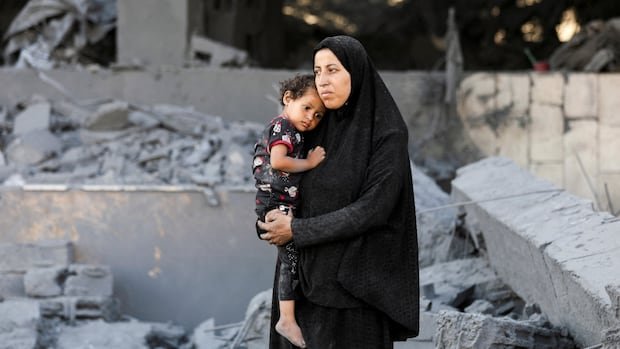Israeli Prime Minister Benjamin Netanyahu’s office announced on Friday that Israel’s security cabinet has given the green light to a plan to assume control of Gaza City. Netanyahu had previously expressed the intention to take military charge of the entire Gaza territory, amidst growing criticism both domestically and internationally regarding the prolonged conflict in the Palestinian enclave.
In an interview with Fox News, Netanyahu stated that Israel’s objective is not to govern Gaza but to establish a security perimeter, with the ultimate goal of transferring control to Arab forces for governance. Specific details about the governance structure or the involvement of Arab countries were not provided.
The international community swiftly reacted to Israel’s plan, with Turkey strongly condemning the move and urging the United Nations Security Council to intervene. British Prime Minister Keir Starmer criticized Israel’s decision, emphasizing that it would escalate the conflict and lead to further bloodshed. Meanwhile, Australia called on Israel to reconsider its course of action.
The White House did not immediately respond to requests for comments, with U.S. President Donald Trump refraining from expressing support or opposition to Israel’s potential full military takeover of Gaza. The proposal put forth by the security cabinet will require approval from the full cabinet, which is anticipated to convene on Sunday.
Israeli officials described a recent meeting with the military chief as tense, highlighting disagreements over expanding the military campaign. Earlier attempts to establish a governance committee in Gaza post-war were rejected by Israel and the United States earlier this year.
Hamas, in response to Netanyahu’s statements, criticized the plans as a “coup” amid ceasefire negotiations. The militant group accused Netanyahu of endangering hostages and soldiers for personal gain. The prospect of Israel regaining full control of Gaza would reverse the 2005 withdrawal decision, a move blamed by right-wing parties for Hamas’ rise to power.
Public opinion in Israel leans towards ending the conflict through a negotiated settlement that secures the release of remaining hostages. Netanyahu’s administration is focused on achieving a definitive victory against Hamas, which initiated the conflict in 2023.
Efforts to reach a ceasefire and release hostages have faced obstacles, with diplomatic negotiations yielding limited results. The families of hostages in Gaza have urged against expanding the military operation and called for a resolution to end the conflict.
As the situation escalates, concerns mount over the humanitarian crisis in Gaza, with aid groups warning of a looming famine. The conflict has taken a heavy toll on the Palestinian population, with thousands killed and many facing starvation and malnutrition.
Amidst international pressure and internal political dynamics, Netanyahu is faced with the challenging task of navigating towards a ceasefire agreement while addressing the demands of various stakeholders in the conflict.

